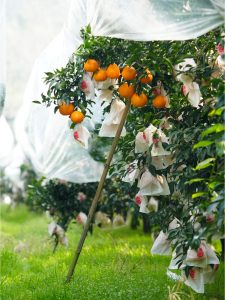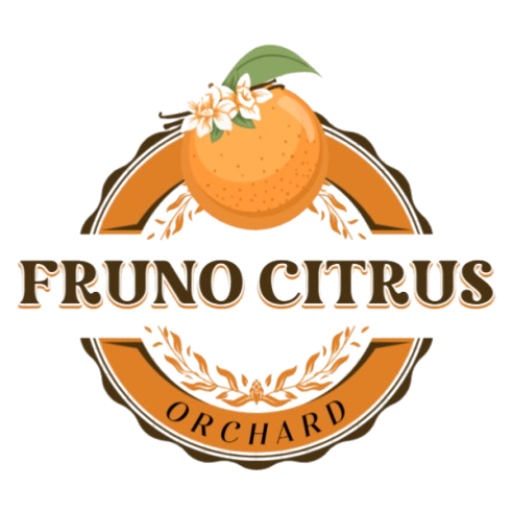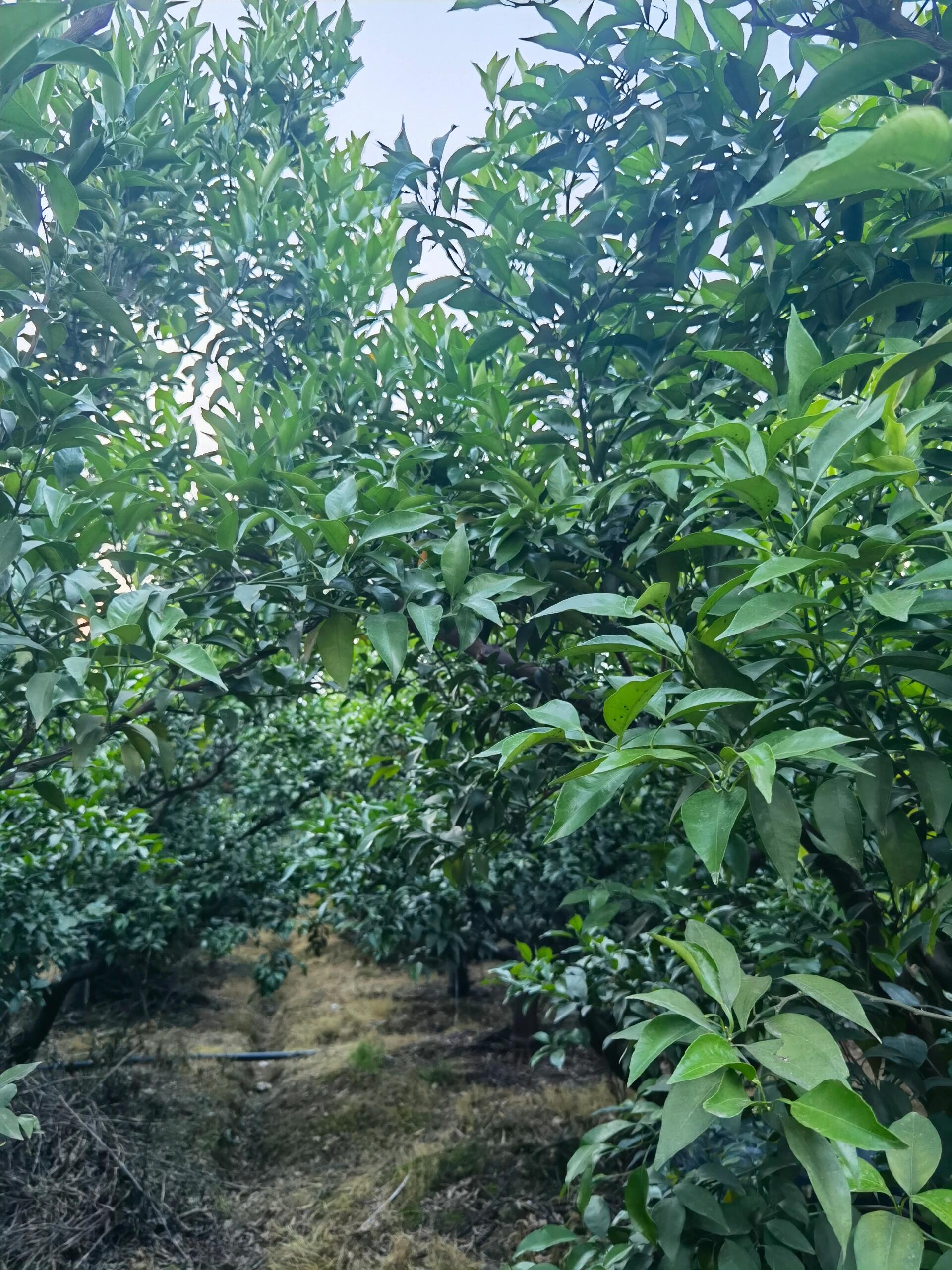Smart Orchard Management: Balancing Technology and Tradition in Citrus
Smart Orchard Management: Integrating Tradition and Technology in Citrus Cultivation
In the modern age, the integration of technology into traditional farming practices has become essential for optimizing citrus production. Smart Orchard Management utilizes advanced technologies such as IoT sensors, GPS mapping, and data analytics to monitor and maintain the health of crops like the Ehime Jelly Orange. This approach not only increases productivity but also ensures sustainability in agricultural practices.
The winter months are crucial for citrus harvesting, especially for late-season varieties like the Ehime Jelly Orange and Papagan Orange. Employing smart technologies allows farmers to precisely control irrigation, manage nutrient levels, and predict yield outcomes, which is vital for exporting high-quality fruits to global markets.
Farmers can benefit from real-time data on weather conditions and soil health, enabling them to make informed decisions. For instance, knowing when to apply fertilizers or pesticides can significantly reduce waste and environmental impact while enhancing the quality of citrus fruits, including the popular Ganping Mandarin.
Balancing Tradition with Modern Techniques
While technology plays a pivotal role in today’s farming practices, traditional methods should not be overlooked. Many farmers still rely on age-old techniques that have been passed down through generations. These tried-and-true methods often work best in tandem with modern innovations, creating a harmonious balance in Smart Orchard Management.
Ehime No. 38 Orange benefits from this integrative approach, ensuring that the fruit retains its rich flavor and juiciness.
Furthermore, local knowledge about seasonal changes and historical weather patterns provides invaluable context to the data generated by smart technologies. Farmers who understand their land can better interpret data trends and adjust their strategies accordingly, resulting in improved yields for both Ehime Jelly Orange and Papagan Citrus.
The Role of Export in Citrus Production
The export market plays a significant role in the financial viability of citrus orchards. With over 6000 acres dedicated to citrus cultivation, the demand for premium late-season varieties like the Ehime Jelly Orange is growing, particularly in regions such as Singapore and Australia. This makes it crucial for farmers to ensure that their products meet international standards.
Smart technologies not only enhance the quality of the fruit but also streamline logistics and distribution processes. Understanding the ehime jelly orange price in various markets can help farmers strategize their sales and maximize profit. Additionally, the ability to monitor fruit conditions during transport ensures that quality is maintained from the orchard to the consumer.
As more consumers seek out flavorful and high-quality citrus fruits, the importance of effective Smart Orchard Management becomes even more pronounced. By blending technology with traditional practices, farmers can continue to thrive in the competitive global market while maintaining the integrity of their orchards.

